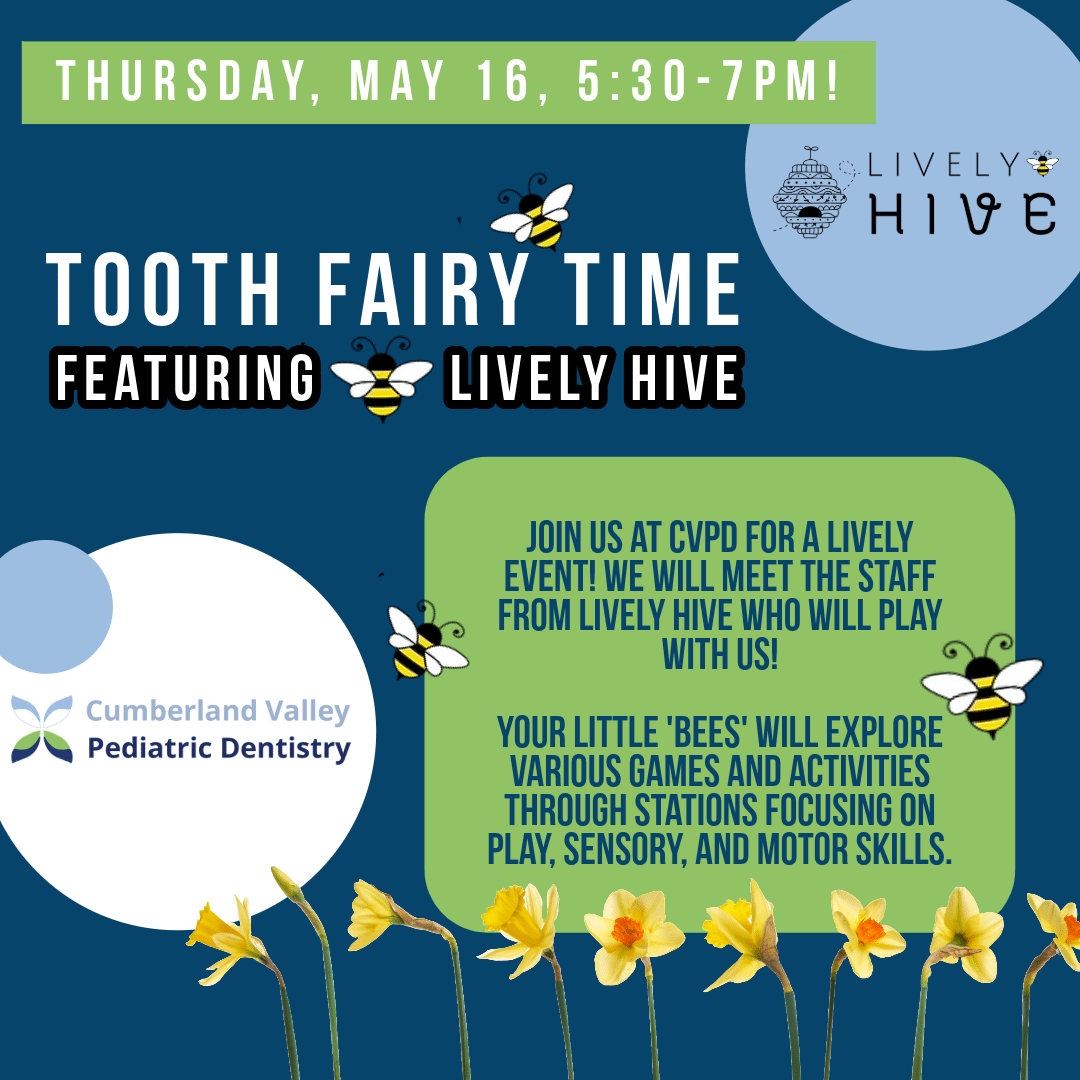It is pretty common among adults to whiten their smiles. Brightening a smile is a great way to boost self esteem! But what about children and teens? Does whitening have negative effects on baby teeth and adult teeth?
In this article, we will cover the main points to consider if your child or teen has an interest in a brighter smile to help you make an informed decision.
What Type of Whitening Treatments Are Available?
While there are several options on the market for at-home bleaching, there are advantages to whitening products dispensed by a dental professional. Anyone, adult or adolescent, interested in whitening treatments should consult with their dentist on the best treatment plan.
The following options are available for whitening treatments:
- At Home Treatments
- Custom Trays
- In-Office Bleaching Procedures
Can Whitening Products Damage Teeth?
According to the American Academy of Pediatric Dentistry, most research on the effects of whitening products has been done on adult teeth. The most common side effects of any whitening product are increased sensitivity and gum irritation, but additional complications may arise such as:
- Erosion
- Mineral Degradation
- Pulpal Damage
Overtreatment can result in degradation of the tooth structure, so any whitening product should be used according to directions.
Should Children and Adolescents Whiten Their Teeth?
Any whitening treatment should be discussed with your child’s dentist and any at-home treatment should be closely supervised by an adult.
Active ingredients in whitening products include hydrogen peroxide or carbamide peroxide. Although general safe, precautions should be used for used as it is still classified as a chemical.
It is recommended to refrain from using whitening treatments until all adult teeth have erupted. Bleaching agents react differently to the varying thickness of baby teeth and adult teeth resulting in mismatched coloration.
Make an appointment today to discuss whether whitening treatments are suitable for your child at our office.


